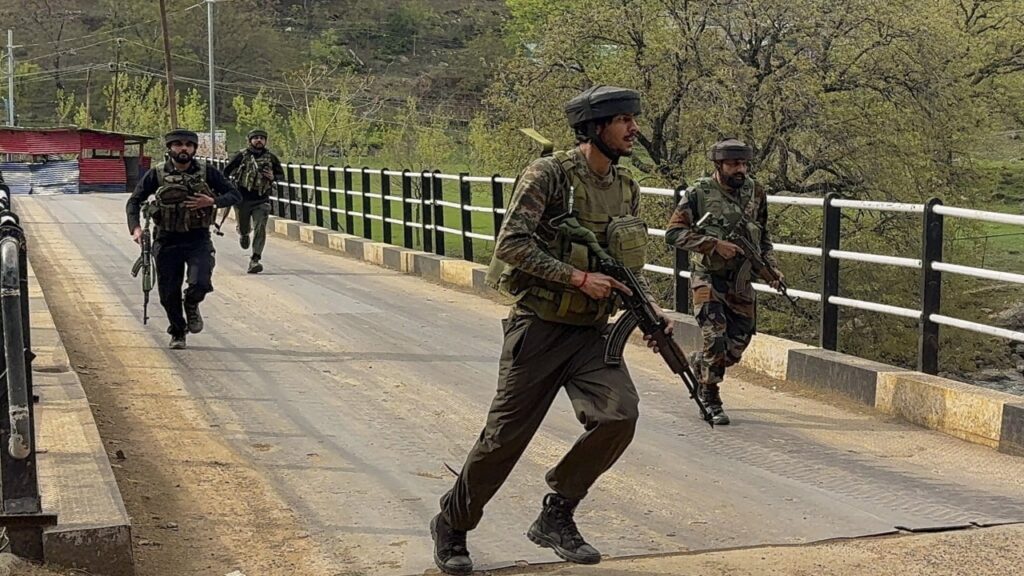
The April 22 Pahalgam terror attack in India, which tragically claimed the lives of 25 tourists and a local Pony operator, shook the nation. But from the embers of this horrific incident has emerged a renewed determination to rebuild Jammu and Kashmir with resilience, modern infrastructure, and a strong sense of community.
India’s response to this act of terror has not been limited to security measures alone. Equally important has been the vision to provide dignity, safety, and prosperity to the people of the Union Territory.
Today, Jammu and Kashmir stands at the cusp of a transformative phase, driven by infrastructure initiatives that underscore India’s commitment to its citizens and to peace in the region.
From tragedy to transformation
Following the Pahalgam attack, India launched Operation Sindoor on May 7 to decisively target terrorist infrastructure in Pakistan and Pakistan-occupied Kashmir (PoK).
While the military action ensured accountability, the Government of India and the Union Territory administration immediately turned attention to those most affected—families displaced or scarred by cross-border shelling and militancy.
This marked the beginning of a new chapter where development became the most powerful response to violence.
The announcement of free housing for families affected by cross-border shelling during Operation Sindoor and for the next of kin of militancy victims reflects this humanitarian and inclusive approach.
Instead of allowing terror to spread fear, the administration has chosen to counter it with hope, empowerment, and infrastructure development.HRDS India’s historic commitmentA landmark step in this direction came when the High-range Rural Development Society (HRDS India) signed a Memorandum of Understanding (MoU) with the Divisional Commissioners of Jammu and Kashmir.
The agreement sets the stage for building 1,500 free houses across the Union Territory, specifically for those whose homes were damaged during Operation Sindoor, the floods, and by acts of militancy.What makes this initiative remarkable is the holistic vision behind it.
The houses will not be mere shelters; they will be three-bedroom Smart Houses, thoughtfully designed to meet modern-day requirements. Equipped with features for comfort, safety, and sustainability, these homes will serve as a symbol of dignity and progress for thousands of families.
Infrastructure as a shield against instabilityThe developments in Jammu and Kashmir after the Pahalgam attack represent a broader national philosophy: development is the most effective antidote to instability. Militancy feeds on despair, poverty, and alienation. By delivering smart infrastructure, digital inclusion, healthcare, and education, India is attempting to strike at the very roots of the conditions that allow extremism to thrive.
India’s commitment to Jammu and KashmirThe infrastructure initiatives launched in the aftermath of the Pahalgam attack reflect a long-term commitment to both security and development. They show that while terror may attempt to divide, India responds by uniting, rebuilding, and uplifting.The operationalisation of all weather train connectivity to Srinagar and various other road infrastructure projects aim to transform the economy of a region long affected by cross-border terrorism.
A new era of resilienceThe people of Jammu and Kashmir have shown extraordinary resilience in the face of decades of challenges. Communities once devastated by shelling, floods, and militancy are now being equipped with tools to rebuild stronger futures.The successful organization of sports event and a cricket match at Pahalgam saw the community come together and celebrate the true spirit of humanity.
The Pahalgam attack may have been heinous, but it could not break the spirit of Jammu and Kashmir nor the resolve of India to stand with its people. Instead, it catalysed a wave of development that will benefit generations to come.






